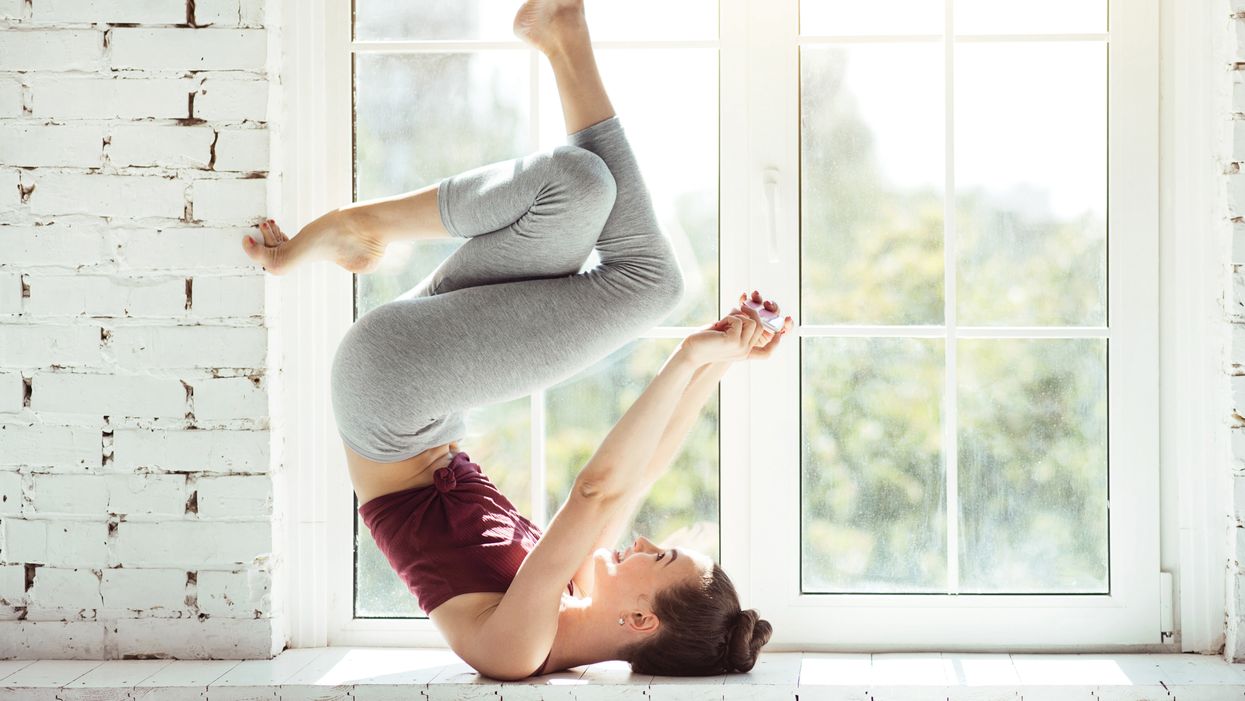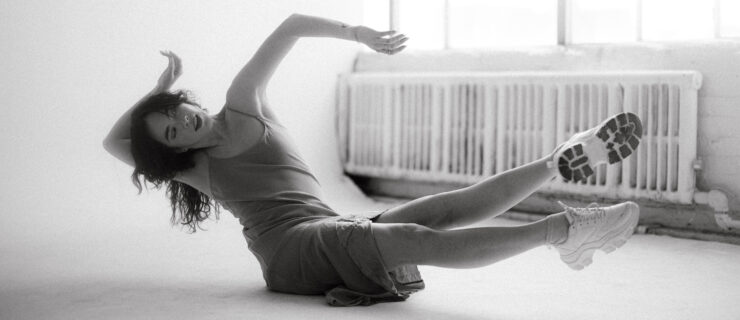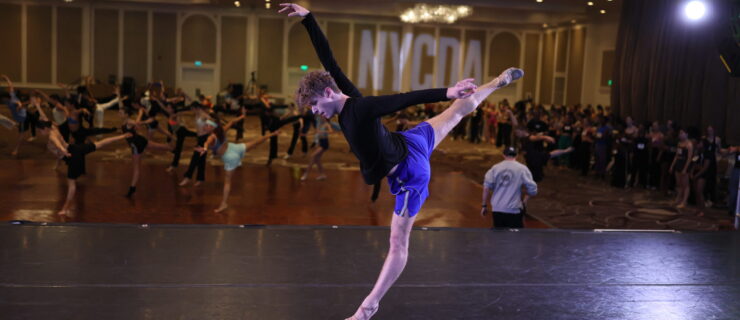How to Use Social Media to Help Your Dance Career
It’s pretty much undeniable that today’s social-media-obsessed culture expects you to build your brand online—even as you’re still building your skills in the studio. The positives of gaining exposure as a student are obvious, and posting your dance accomplishments may feel natural if you’re already personally prolific on platforms like Instagram, YouTube, or Facebook.
But it’s also very easy to put too much out there too soon. After all, once you hit “post,” that content can essentially live forever on the internet, and Insta-fame won’t necessarily bring you an instant career. Here’s how to define yourself online and make sure your future in dance isn’t defined by social media faux pas.
(Super)Zoom in on Your Goals
First, recognize that opening yourself up to a digital audience means cultivating a public persona. While talented dancers often start building their brands at a relatively young age, you’re not ready to do that until you’ve really thought about what you want your career to look like. Identify your specific goals for the future, rather than daydreaming about how many followers you want.
“Social media can be an incredibly powerful tool,” says Rachel S. Moore, author of The Artist’s Compass: The Complete Guide to Building a Life and a Living in the Performing Arts and former executive director of American Ballet Theatre. “Deciding how to present yourself to the public should compel you to think about your current skill set, how you see yourself in the marketplace, and what your niche might be as a performer.”
Some Styles Are More Social
Depending on the career you’re hoping for, developing a social media presence as a young dancer might not be super-urgent. For example, a big Instagram following probably isn’t as valuable if your goal is to join a classical ballet company, says Adam Sklute, artistic director of Ballet West. In fact, Sklute found that some of the company’s savviest dancers avoided the distraction of social-media-as-marketing-tool until they became established professionals hoping to get noticed for guesting gigs or side projects.
 Adam Sklute teaching at Ballet West’s summer intensive (photo by Beau Pearson, courtesy Ballet West)
Adam Sklute teaching at Ballet West’s summer intensive (photo by Beau Pearson, courtesy Ballet West)
But some commercial choreographers and brands do scour the internet to see what talent—including young talent—is out there, says Jennifer Musgrove, head of the kids’ department at Bloc Agency in L.A. If commercial success is your dream, the way you present yourself online could be put under a microscope. “A brand may be looking for a dancer with a certain following to potentially tap into your audience. Others may look to see how you’re engaging with your social networks—are you commenting and talking with people? That may be very meaningful,” she says.
Selfie Your Strengths
Ultimately, social media is useful for showcasing what you do best, so start by building a visual resumé. For a dancer who wants to capitalize on her versatility, that might mean showcasing videos and photos featuring a mix of dance styles. If competitions are your focus, share your milestones as you prepare.
Think of Social Presence Like Stage Presence
It’s always off-putting when someone’s social presence feels too curated and one-dimensional. Instead, try to be both authentic and polished online. “Fake or plastered-on emotions won’t resonate with an audience, just as they wouldn’t onstage,” Moore says. “Share your genuine excitement about getting to learn a new variation or work with a certain teacher. Give people a window into the full experience, including pre-performance anxiety or your influences from other art forms. And be up-front about the fact that you have a lot to learn. When you do launch as a professional, you want to be seen as well-rounded and open-minded.” In other words, human.
Act Your Age
You shouldn’t have to act older on social media (or, for that matter, in the studio) to get noticed. “What’s age-appropriate can be subjective, but at 13 years old, you’re still a kid, no matter how talented you are,” Sklute says. “Normally, if you’re under 18, the people hiring you want you to be a kid,” says Musgrove. “Part of treating social media like a business is knowing your demographic, and everything you post should be in line with that.”
Besides the fact that, yes, there are bad people out there who target children, Moore says there’s also plenty of time to be edgy and avant-garde when you’re older. “Right now, it might be wise for a parent to be involved and aware of what you’re posting on your public page,” she says. “Then, you could have a private personal page that’s just for close friends.”
IRL Skills Matter Most
Obviously, during a live performance there are no second takes or filters to perfect the way your dancing looks, so maintain some perspective about what social media can do for you. “Young dancers should remember that you can have the greatest profile in the world, but your dancing has to hold up,” says Sklute. “I’ve seen incredible videos, where a dancer is doing outrageous extensions on pointe, and it’s fun to look at, but it’s not necessarily going to get someone a job or scholarship.” When you do get booked, all that will matter is what you can produce in the moment onstage. “Social media won’t make your career,” Moore says, “but it can help you build one.”
A version of this story appeared in the December 2018 issue of Dance Spirit with the title “To Post Or Not To Post?“




